Last week the great and the good from the construction industry came together at building’s annual terrace reception at the house of commons to discuss the government’s new construction strategy. but it wasn’t all about business …
Leading industry lights gathered last week at Building’s annual parliamentary reception to discuss the state of the construction sector, look at future opportunities at home and abroad and enjoy wine and canapes while overlooking the Thames.
One of the major themes on everybody’s lips was the issue of acquiring and delivering work in an economic environment in which “efficiency” is the watchword. This followed comments from chief construction adviser Paul Morrell, who gave a speech defending his report on how to cut building costs.
Things may be challenging but Sir Robert McAlpine veteran Benny Kelly contrasted the current economic climate with the problems faced in the early nineties and argued that, this time, all the signs were that the dip wouldn’t be as severe or prolonged.
Perhaps mindful of the economic climate, Dennis Hone, chief executive of the ODA, was eager to point out that he didn’t receive any special treatment when obtaining tickets for the Games.
He had to apply through normal channels, he claimed, and it was luck and nothing else that landed him with two tickets for basketball on a Wednesday afternoon.
But if the public sector is characterised by greater tightening of belts, there was still opportunity for superlatives in the private sector.
Marco Ortiz, project director at Rafael Viñoly Architects, talked of progress on the Battersea Power Station project, for which his firm developed the masterplan. As well as apartments, retail and public realm, the mega-development could include the largest ballroom in London.
And nowhere is this sense of optimism as great as in emerging markets where ambitious new projects are still proceeding.
Ortiz spoke of opportunities in South America, while Paul Scott, director at AKT II, related his experience working for Abu Dhabi Future Energy Company on the Masdar Institute of Science and Technology.
He gave science-fiction-like descriptions of a city in the middle of the desert, where students are in units high above the traffic and the only sound at night is of robot-like machines cleaning the buildings.





















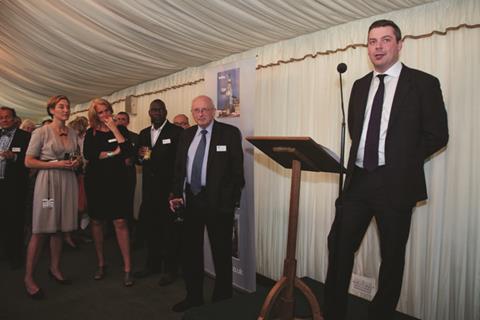
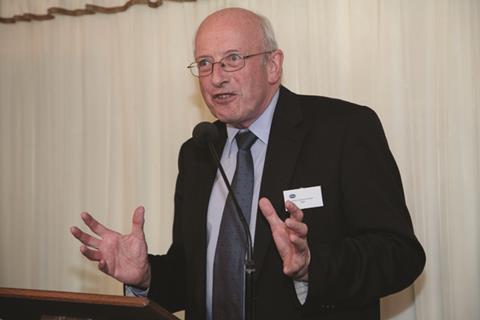
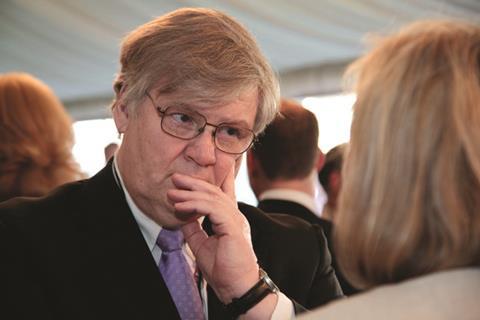
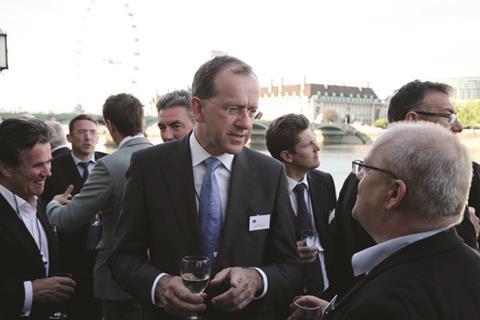
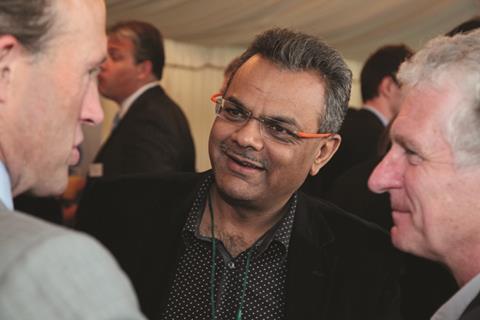
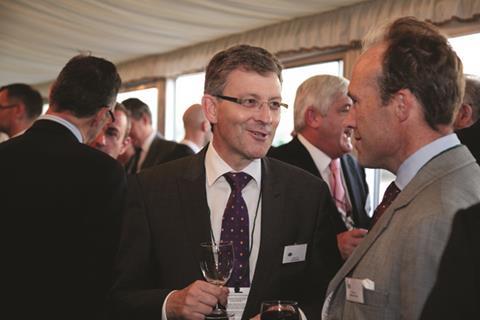
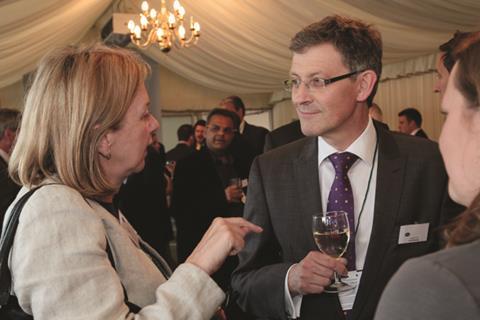
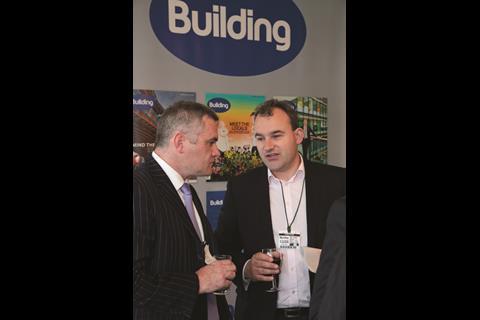
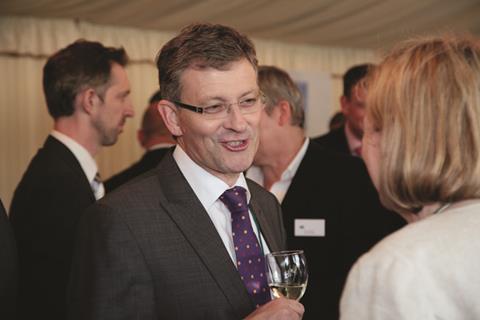
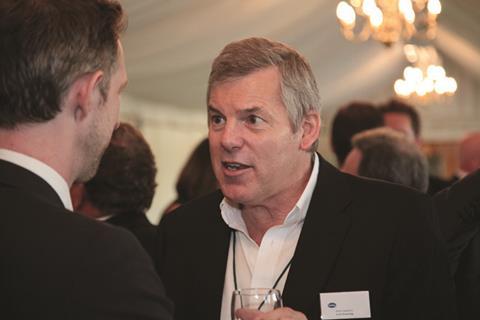
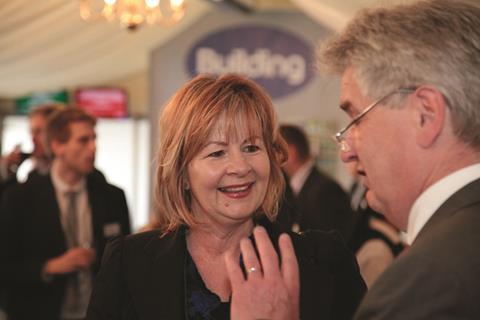
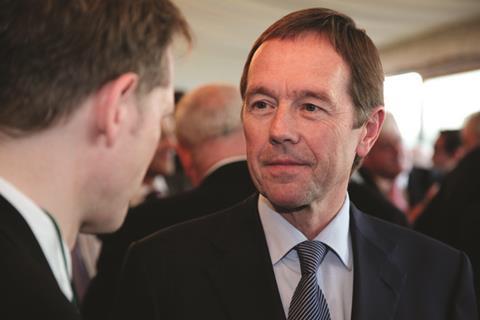
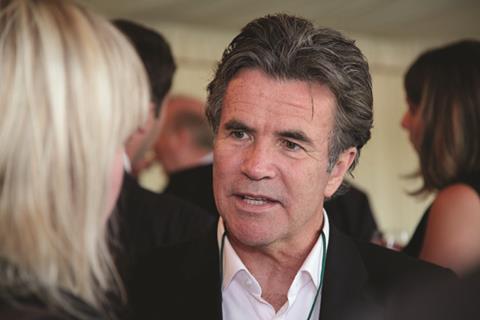
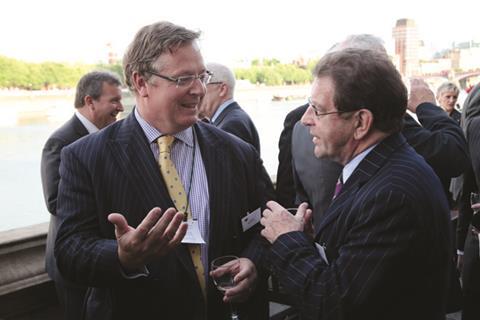
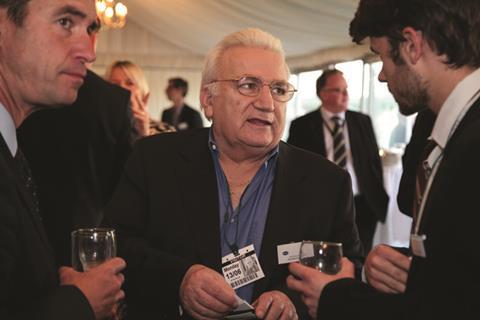
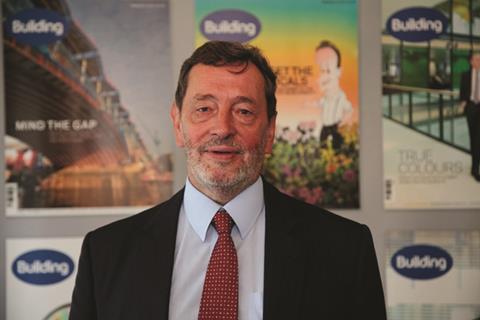
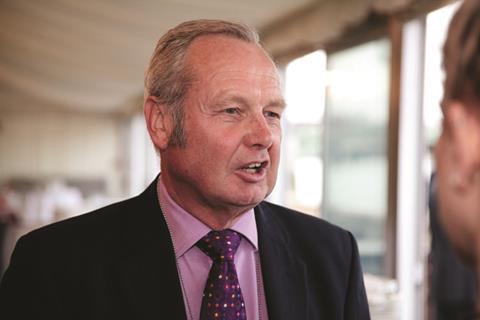
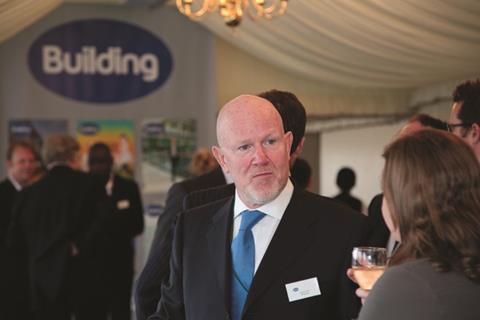
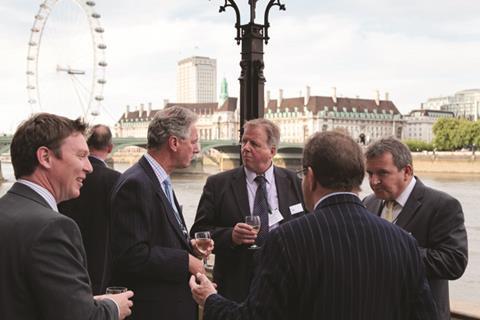
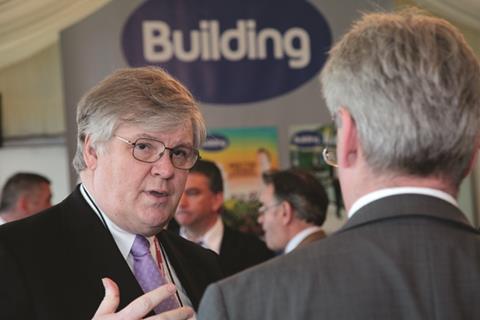
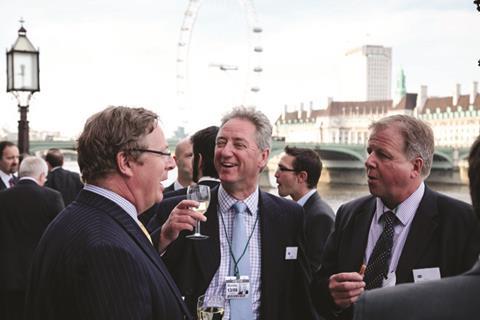
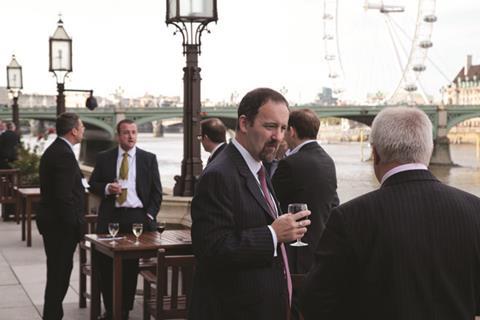







No comments yet